China intensifies efforts to interfere in Taiwan’s presidential election: Taiwanese official
Sat 09 Dec 2023, 11:51:21
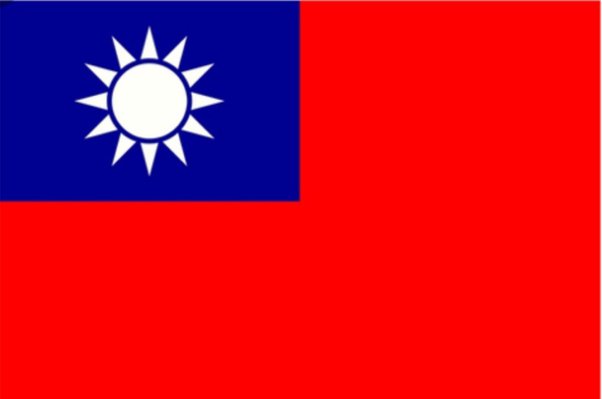
Beijing: China has escalated its interference in Taiwan’s upcoming presidential election, with a top Chinese leader urging officials to enhance effectiveness and discretion, CNN reported, citing a senior Taiwanese security official. Wang Huning, the fourth-ranking leader in China’s Communist Party and head of Taiwan affairs, reportedly convened a high-level meeting last week to coordinate efforts to influence the January 13 election.
The official, speaking on condition of anonymity, cited information from the Taiwanese intelligence community, saying that Wang emphasised the need to step up influence on Taiwan’s public opinion while minimising detectable interference.
Wang, a longtime advisor to Chinese leader Xi Jinping, was put in charge of Taiwan affairs earlier this year after he was appointed as the deputy head of the Central Leading Group for Taiwan Affairs, a decision-making body chaired by Xi, according to CNN.
The Taiwanese official, who requested anonymity due to the sensitivity of the matter, also said that Wang told officials in the meeting that China’s Communist Party must step up its effectiveness in influencing Taiwan’s public opinion while reducing the likelihood that external parties could find evidence of such interference.
The allegations surface amid heightened tensions across the Taiwan Strait, with China increasing military, political, and economic pressure on Taiwan. The current polls show Vice President Lai Ching-te, the Democratic Progressive Party (DPP) candidate, in the lead.
Beijing, which opposes the DPP, has long been accused of meddling in Taiwan’s elections to support candidates favouring closer ties with China.
The Taiwanese official claimed that the meeting was convened after Chinese leader Xi Jinping visited San Francisco last month, during which US President Joe Biden cautioned against interference in Taiwan’s elections. Wang reportedly stressed the importance of strategizing to avoid external parties easily finding evidence of Beijing’s involvement.
Officials attending the meeting were instructed to coordinate with the Communist Party’s Central Propaganda Department and Base 311 of the People’s Liberation Army, a psychological warfare unit in Fuzhou. Base 311, established in 2005, plays a role in
Beijing’s “Three Warfares” strategy, focusing on public opinion, psychological warfare, and legal warfare against Taiwan, as reported by CNN. Strategies discussed include amplifying narratives that frame the election as a “choice between war and peace,” blaming the DPP for tensions, and portraying DPP candidates as “diehard Taiwan separatists.”
Beijing’s “Three Warfares” strategy, focusing on public opinion, psychological warfare, and legal warfare against Taiwan, as reported by CNN. Strategies discussed include amplifying narratives that frame the election as a “choice between war and peace,” blaming the DPP for tensions, and portraying DPP candidates as “diehard Taiwan separatists.”
Social media posts targeting DPP candidate Lai’s running mate, Hsiao Bi-khim, have increased, with false allegations and accusations of being a “diehard separatist.” “They hope that the party they dislike will lose the election,” the Taiwanese official said, referring to the DPP, which has prioritised elevating Taipei’s ties with Washington since taking power in 2016.
“They have repeatedly attempted to remind voters that this election is a choice between peace and war and that one of the tickets is comprised of separatists,” CNN quoted the official as saying. China’s Communist Party, committed to eventual reunification with Taiwan, has maintained a forceful stance, while most Taiwanese desire to remain independent. The DPP sees Taiwan as a de facto sovereign nation, a viewpoint that angers Beijing.
In the lead-up to Taiwan’s first direct presidential election in 1996, Beijing employed a confrontational tactic by launching missiles towards the island to dissuade voters from supporting a candidate advocating for Taiwan’s distinct identity from China. However, this strategy backfired as the candidate, Lee Teng-hui, secured a resounding victory.
Subsequently, China adopted a different approach. Taiwanese authorities and experts have accused Beijing of employing tactics such as disseminating disinformation on social media, clandestinely financing election campaigns and media entities, and leveraging investments in Taiwanese businesses with ties to mainland China.
In 2019, just weeks before Taiwan’s most recent presidential and legislative elections, the island’s legislature enacted the Anti-Infiltration Law. This legislation aims to address legal gaps by prohibiting any foreign entity, particularly China, from making political donations, spreading misinformation, organising campaign events, or engaging in any form of interference in Taiwanese elections, CNN reported.
No Comments For This Post, Be first to write a Comment.
Most viewed from International
Most viewed from World
AIMIM News
Delhi Assembly polls: Owaisi leads Padyatra in Okhla
Feb 01, 2025
We reject this Waqf Amendment Bill: Asaduddin Owaisi
Jan 30, 2025
Latest Urdu News
Most Viewed
May 26, 2020
Which team will win the ICC Men's Champions Trophy 2025 held in Pakistan/Dubai?
Latest Videos View All
Like Us
Home
About Us
Advertise With Us
All Polls
Epaper Archives
Privacy Policy
Contact Us
Download Etemaad App
© 2025 Etemaad Daily News, All Rights Reserved.


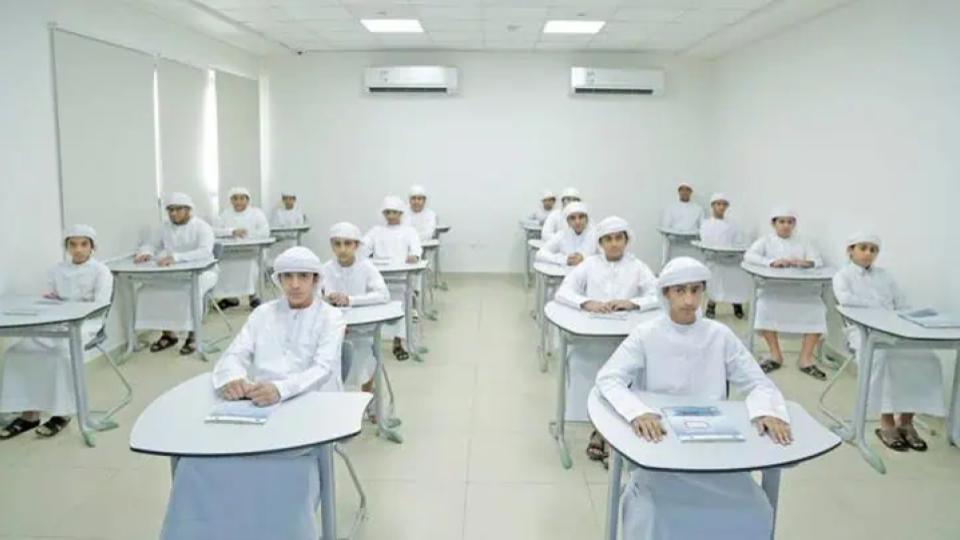
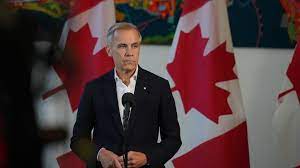
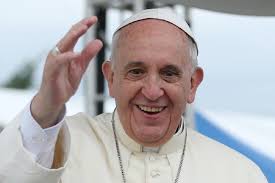




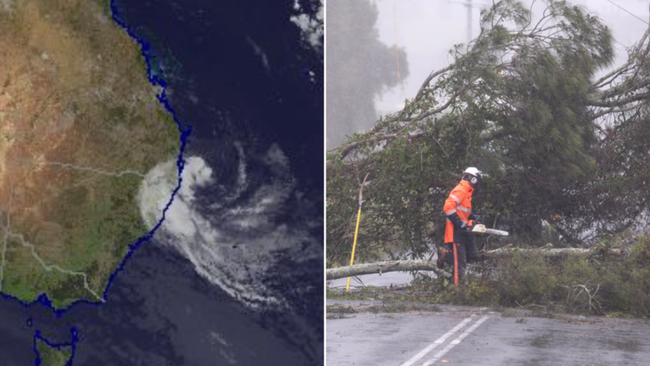
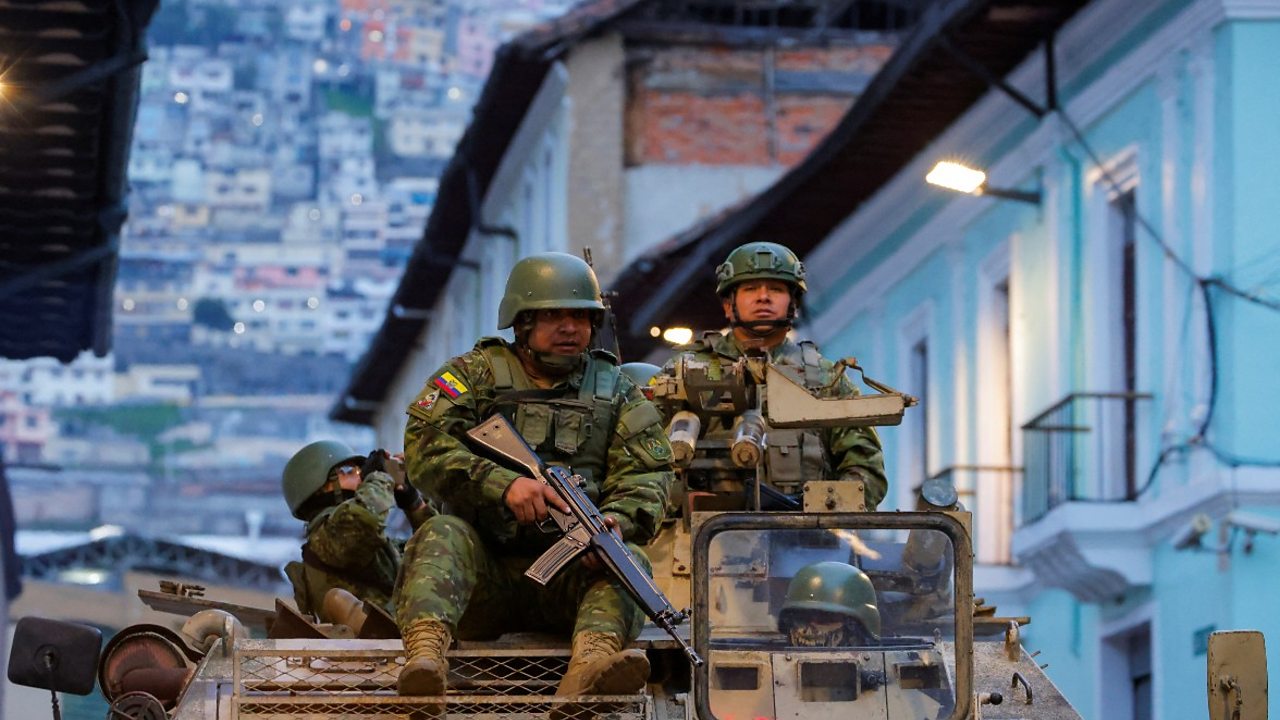

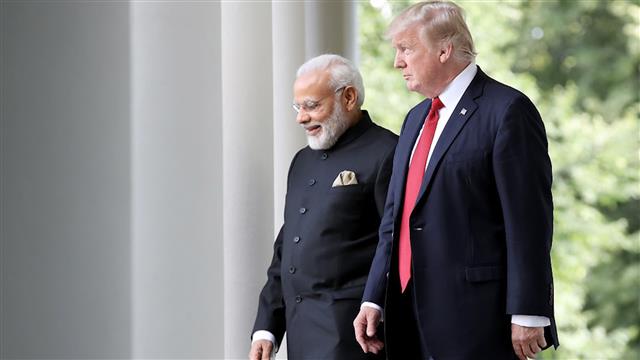



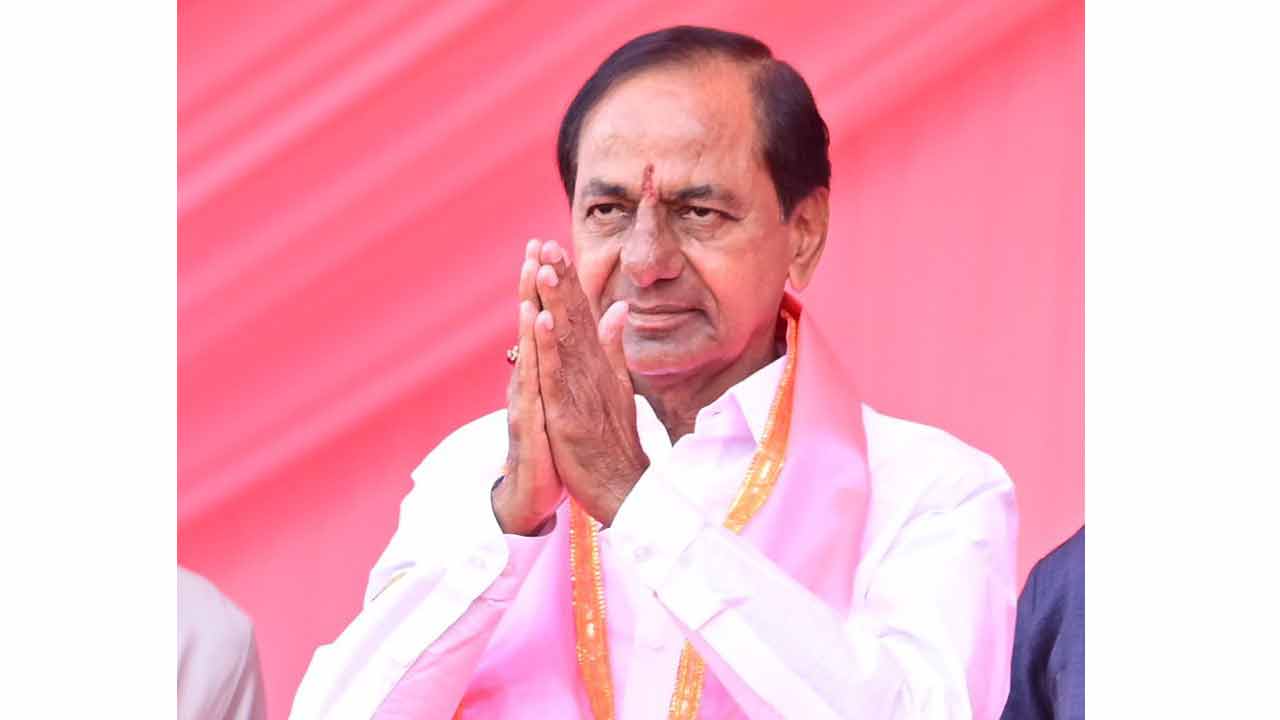
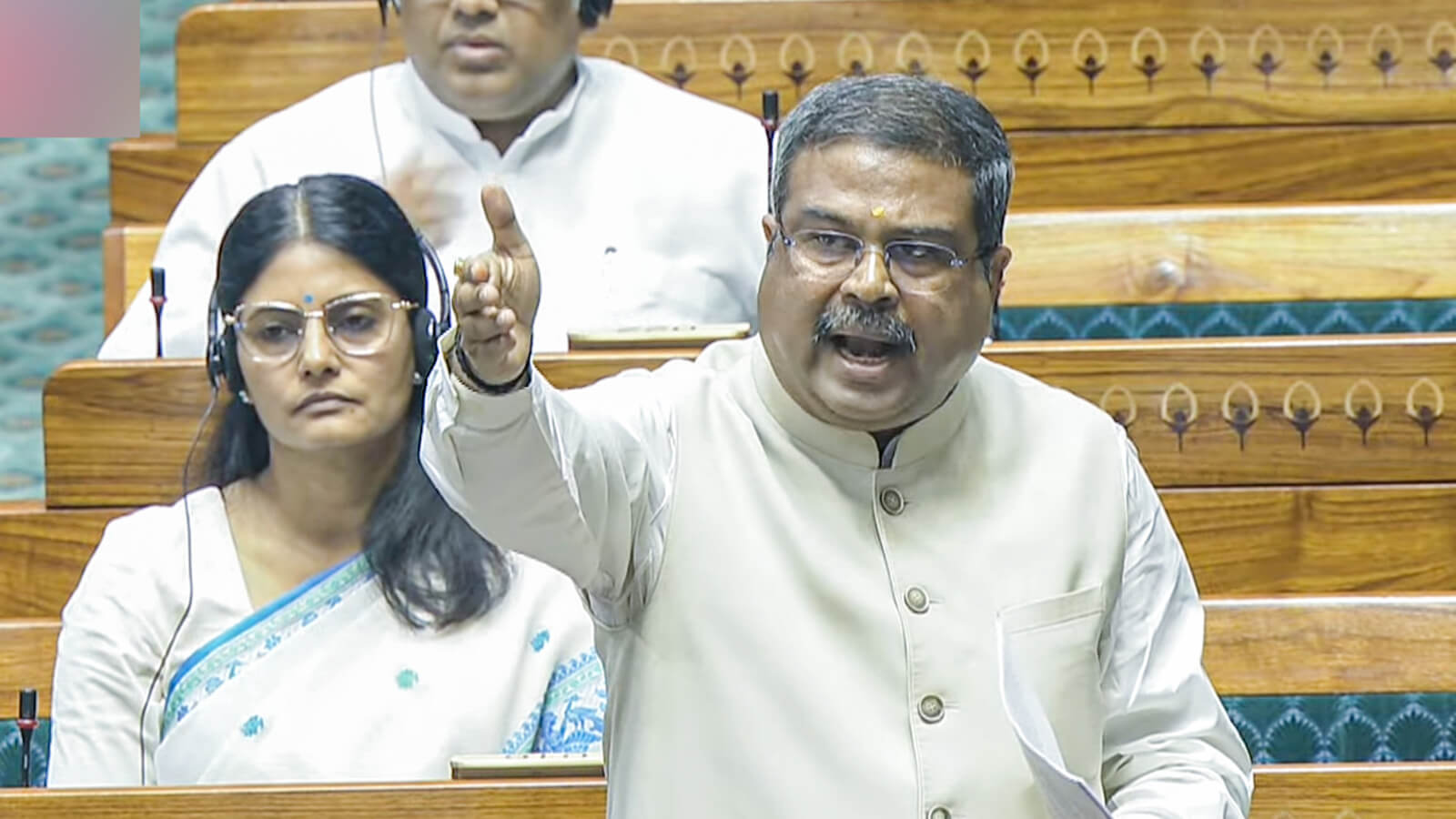
.jpg)
.png)
.jpg)
.jpg)
.jpg)
.jpg)
.jpg)

















